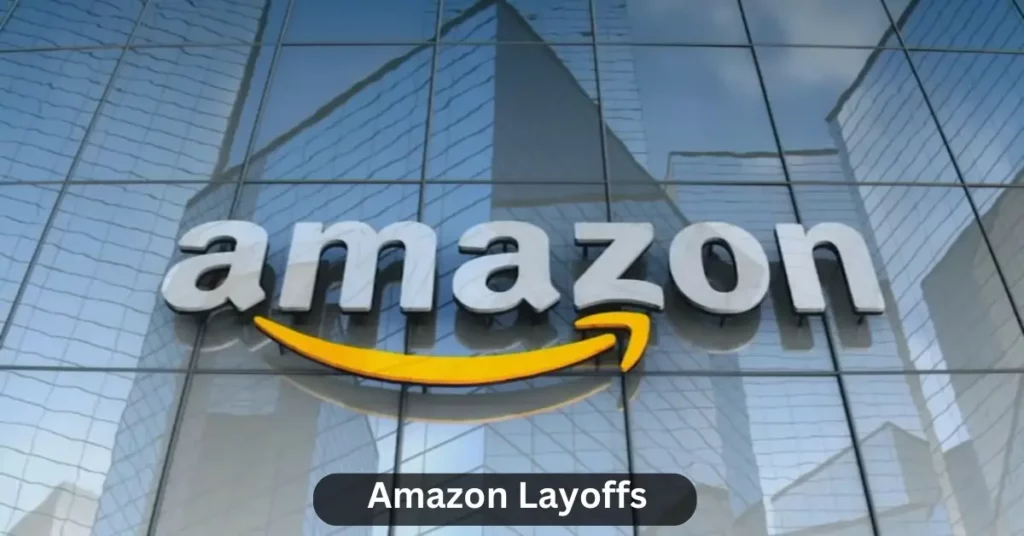Amazon Layoffs: The biggest firings in Amazon’s history demonstrate how much the online retailer still needs to show about its core business. First though
The Everything Store Wants Less
The only way out of this is to invent our way out. Jeff Bezos told his staff in the wake of the dot-com crash in 2001. Over the following ten years, the company’s guiding principle produced many new products, including game-changers like Amazon Web Services and the Kindle.
The proverb “The only way out of this is to cut our way out” might sound a little different today, according to Bezos’ successor Andy Jassy.
The 18,000 job cuts Amazon announced this week marked a significant increase from the predicted 10,000 widely reported late last year. Even though it only represents 1% of Amazon’s 1.5 million employees worldwide, the layoffs are the largest in the company’s history, hit the core of its corporate workforce, and are yet another indication that the world’s largest online retailer will face a harsh reckoning after the stock lost half its value in 2022.
Jassy stated in a letter to staff that its leading retail and human resources divisions would experience most of the layoffs. The latter makes sense because Amazon no longer needs all those recruiters since it stopped hiring. The former is quite revealing: It implies that there may be issues with Amazon’s primary business of selling goods online, and Jassy wants investors to know that he is aware of them.
Investors seem to have good reason to be concerned. Amazon doesn’t disclose the profitability of its other business segments save AWS, but I asked a significant stakeholder to explain how they interpreted the company’s most recent financial reports.
The main lesson was that Amazon is shockingly losing money in the retail sector, which fears investors the most. Increased volume in the form of low-margin goods like groceries is unlikely to make a significant difference.
Jassy attributes these to challenging economic conditions in his most recent memo and one from November. That is partially accurate. A relatively strong dollar has destroyed Amazon’s profitability abroad, while inflation has reduced customer demand and raised prices for many things, including shipping shipments.
However, workers are not resigning at the usual rates because of the weak economy. This penalizes businesses like Amazon, which generously provides workers with stock-based pay that encourages loyalty.
But the issues are more serious. Twenty years ago, Bezos’s push for innovation was backed by extreme austerity that bordered on the absurd. (Ask a veteran Amazon employee about trying to scrounge up some more resources for their team or scheduling a flight in anything other than the economy.)
But thriftiness seemed to be forgotten over the past few years, especially in the last few years of Bezos‘s leadership as CEO. Amazon made significant investments in everything from new offices in Seattle and Arlington, Virginia, to Hollywood productions (an additional $1 billion was spent on more Lord of the Rings), acquisitions, and mergers ($8.5 billion was spent on MGM, which no one thought was worth that much), as well as other areas. To meet epidemic demand and fulfill a new one-day delivery commitment to Prime members, the firm also went on a frantic recruiting binge and built warehouses.
Jassy says in his letter that the firm needs to return to its former tenacity and quotes one of Bezos’s early leadership tenets, “Invent and Simplify.” Still, he emphasizes that this doesn’t imply launching many new features and products like it used to.
We occasionally undervalue the significance of the critical invention, problem-solving, and simplification that go into determining what matters most to customers (and the business), adjusting where we spend our resources and time, and figuring out how to do more for customers at a lower cost (passing savings to customers in the process).
That, in my opinion, indicates that Jassy believes the road to demonstrating profitability in its core business and winning back the trust of shareholders begins with controlling expenses and making do with less. The most crucial test of his leadership will likely be whether he can revive that mentality in a business as enormous as Amazon.
That test will ultimately determine how long his administration will continue. Please forward this to your friends if you find it interesting. Newswatchlist.com is the best place to find the latest and updated information about your favorite celebs.
